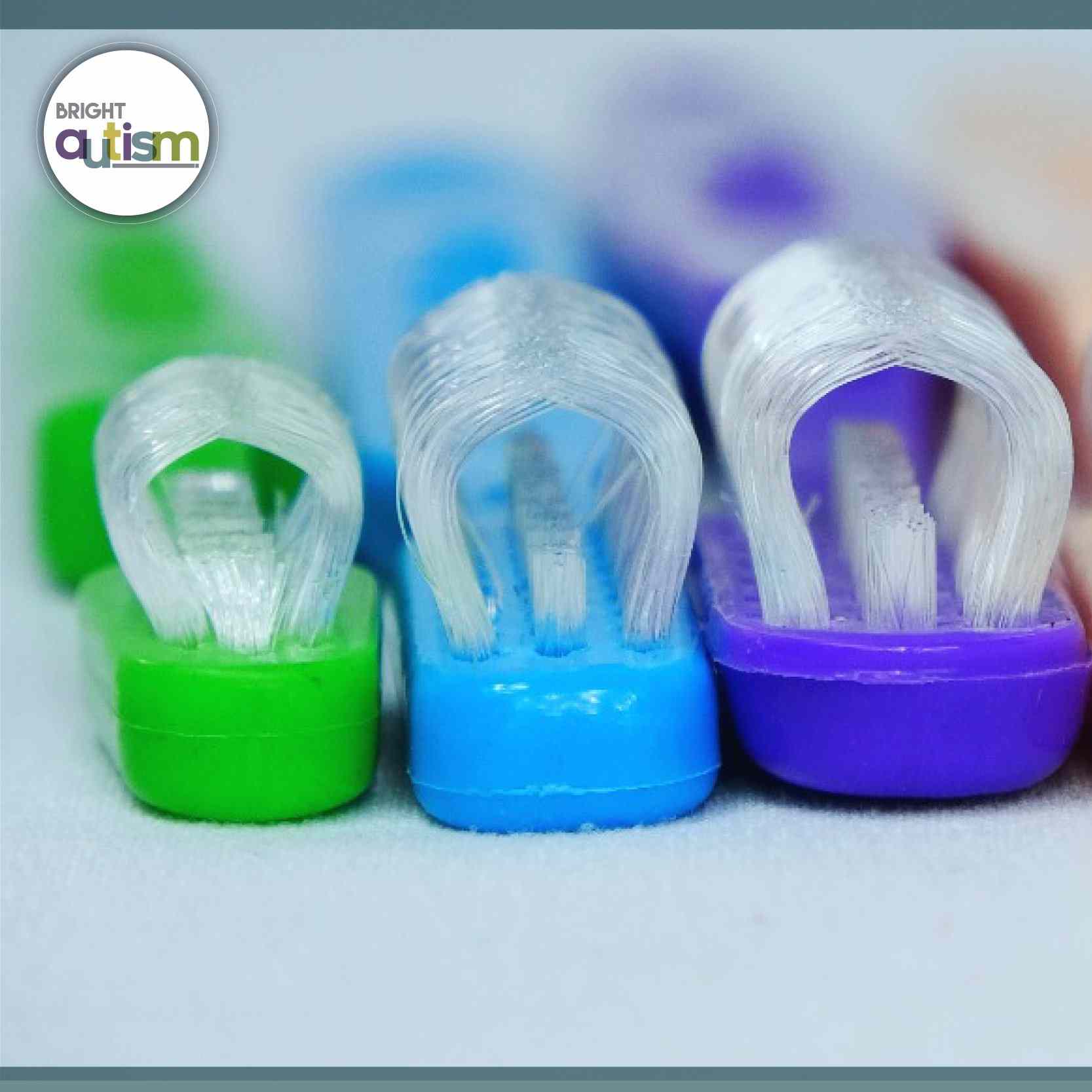
Ensuring that a child with autism receives proper dental care can be a challenging journey for many parents and caregivers. Dental visits can be overwhelming due to the sensory experiences involved, but with the right approach and understanding, these necessary appointments can become manageable and even positive experiences for children on the autism spectrum.
First and foremost, it's crucial to focus on prevention and home dental hygiene routines. Establishing a consistent oral care routine at home can significantly reduce the need for invasive dental procedures later on. For children with autism, who may find comfort in routines, this can also provide a sense of stability and predictability. Managing sensory overload is also a key part of ensuring a calming environment for daily activities.
When selecting oral hygiene products, consider options that cater to the unique needs of your child. Special toothbrushes designed with softer bristles or those with different textures can help ease the discomfort some children may feel during brushing. Non-foaming toothpaste or toothpaste with different flavors can also make the experience more pleasant.
Preparation is key when it comes to the actual dental visit. Desensitization techniques, such as visiting the dental office beforehand or using pictures and stories to explain what will happen, can help the child know what to expect. Creating a comfortable dental clinic environment is equally important. This could mean a quiet room with dimmed lights or allowing the child to bring comfort items from home.
Communication with the dental staff prior to the appointment is essential. Make sure they are aware of your child's needs and preferences. Some dental offices may have experience with patients on the autism spectrum and can offer a more tailored approach.
Visual supports can be very beneficial. Visual schedules or stories that outline the steps of the dental visit can help children understand and follow along with the process. Positive reinforcement, such as praise or small rewards after each step, can also encourage cooperation and make the experience more rewarding.
For some children, the use of an electric toothbrush can be a gentle introduction to the sensations they will experience at the dentist's office. It's important to find one that is suitable for your child's sensory thresholds.
When it comes to the dental procedures themselves, patience and understanding from the dental professionals are key. They should be prepared for a variety of responses and have strategies in place to manage any anxiety or behavioral issues that may arise.
Another aspect to consider is the potential impact of medication on oral health. Some medications that children with autism may be taking can have side effects that affect the mouth, such as dryness, which in turn can increase the risk of cavities. Discussing these medications with your dentist can help them provide better care.
It's also important to recognize that children with autism may have different oral manifestations. Some may experience bruxism (teeth grinding), while others may exhibit self-injurious behaviors that can affect oral health. A knowledgeable dentist can help address these issues and provide guidance for managing them at home.
Finally, it's important to build a network of support. Connecting with other parents and caregivers through blogs and resources can provide valuable tips and emotional support. Remember, you are not alone in this journey, and there are many who understand the challenges and triumphs of raising a child with autism.
Every child is unique, and what works for one may not work for another. It's a process of trial and error, patience, and persistence. But with the right strategies and support, dental care for children with autism can become a manageable part of life, ensuring their oral health and overall well-being for years to come.










Leave a comment